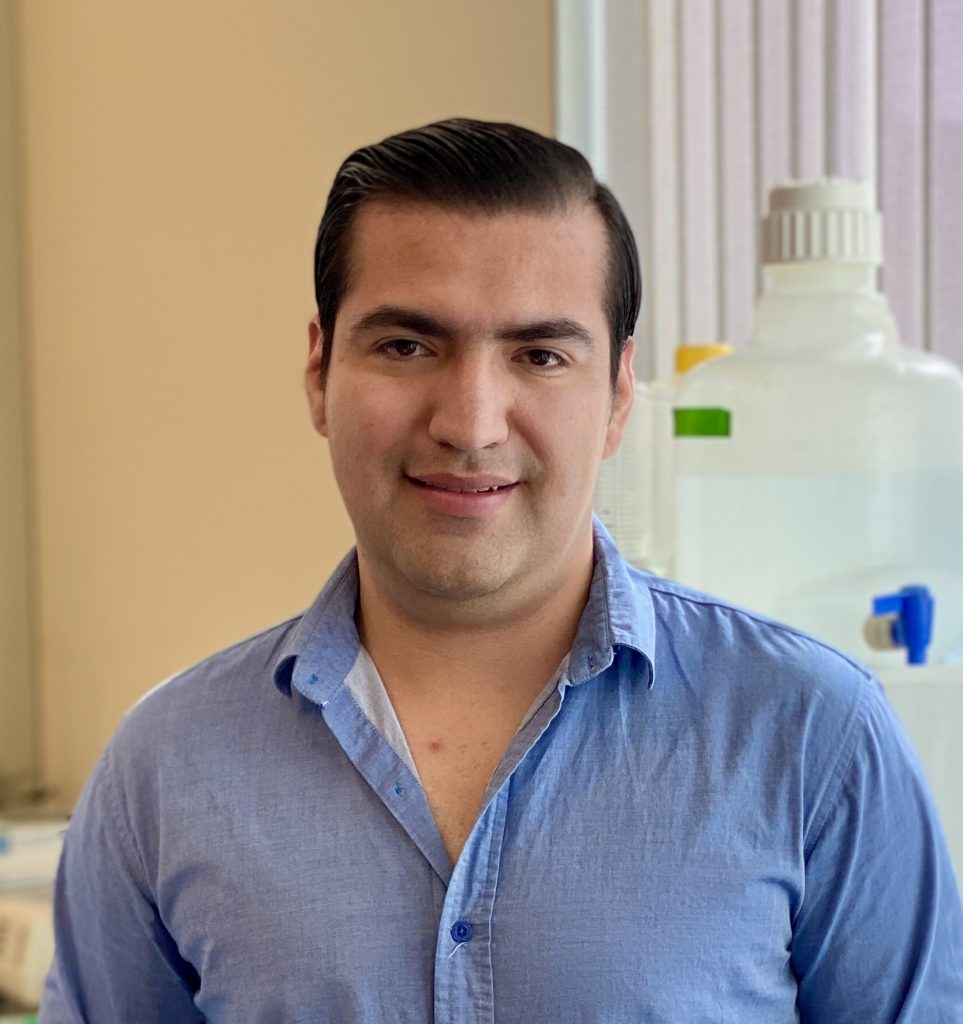To know Roberta Nowak is to appreciate her. As a lab manager in the Rao and Hogan labs at La Jolla Institute for Immunology (LJI) and the Rao Lab at Sanford Consortium for Regenerative Medicine (SCRM), Nowak is responsible for keeping the work of 26 scientists running smoothly. It hasn’t been easy, especially during COVID-19 times, but Nowak approaches each challenge with a sense of humor.
Nowak’s efforts were recently recognized by her lab members, who nominated her for Proteintech’s Best Lab Manager Award 2021. Nowak’s work isn’t usually in the spotlight (“It’s a little bit embarrassing!” she says), but her lab members’ words earned her a finalist position in the competition (voting is open!).
Behind the Science recently sat down with Nowak to learn more about life as a lab manager:
Q: What exactly does a lab manager do?
Nowak: I keep all the paperwork updated in the lab. Things like the animal protocol, biosafety protocols, and try to keep the lab organized. I help with troubleshooting experiments, keeping everything stocked, coming to all the lab meetings, taking care of the mouse colony, and all the random little things. I also take care of the lab equipment.
I’m hoping to do some science too, but there’s just not enough hours in the day.
Is there anything people might not realize about your job?
Lab managers are also interested in the science, and we help with experiment designs and protocols! We can help with those sorts of things.
What kinds of skills does a lab manager need to have to get people on the same page?
Good listening skills. And good observational skills. Being able to pinpoint where the problems are and working toward a common solution is very helpful.
My advice is just to listen. Listen and watch. Because you’ll learn a lot from that.
What do you find interesting about the research in the Rao and Hogan labs?
Oh my gosh! So many things. I come from a different science background. My background is studying the cytoskeleton. So when I came here to LJI, it was a whole new world for me. Here, we focus on epigenetics and cancer. I had never focused on the cell nucleus and all the things that are in it, so it’s been quite a good learning curve for me.
How did your job change when the pandemic started?
The hardest part was figuring out how everyone was going to social distance once we started coming back to work. We ended up making a Google sheet for signing up for different time slots. That was really difficult to adjust to at first.
Then there are supply chain problems. I spend a lot of time trying to find pipet tips, or fill-in-the-blank. Right now, it’s filtered P1000 tips, so if you know anyone who has some, let me know. It’s a hot commodity.
What’s your mindset when you come up against these kinds of challenges?
I always say that I don’t know everything, but I know how to look things up. I always have a plan for what I want to do in a day, but it almost never goes as planned. So just go with the flow and be prepared.
Your lab members have said some really nice things about you on the voting website and on Twitter. How does it feel to get that recognition?
They’re really great. I always joke that the lab is like a Telenovela and I’m part psychologist out there. But that’s a really fun part of science—not everyone’s the same. I don’t think there’s even very many members of our lab who were raised in the U.S. Everyone’s from somewhere else, so it’s great to learn about different cultures, different ways people grew up, where they’re from, and what food they have!
You mentioned the psychological side of the job. I imagine people tend to come to you when they’re stressed or overwhelmed?
Yeah, I always say “come sit on my couch and tell me your problems.” It comes back to listening. People just want to be heard and for someone to say, “I hear you. You have a problem. Let’s see if we can fix it.”
What motivates you to come to work here everyday?
I really like how small LJI is. It feels like a big institute, but everyone is so personable and so nice. All the cores and the mouse facility are just the best I’ve ever seen. Having them makes my life easier.
It’s really amazing to be able to ask for help—and people answer! I’ll send out a “Help!” email, and six people will reply.





